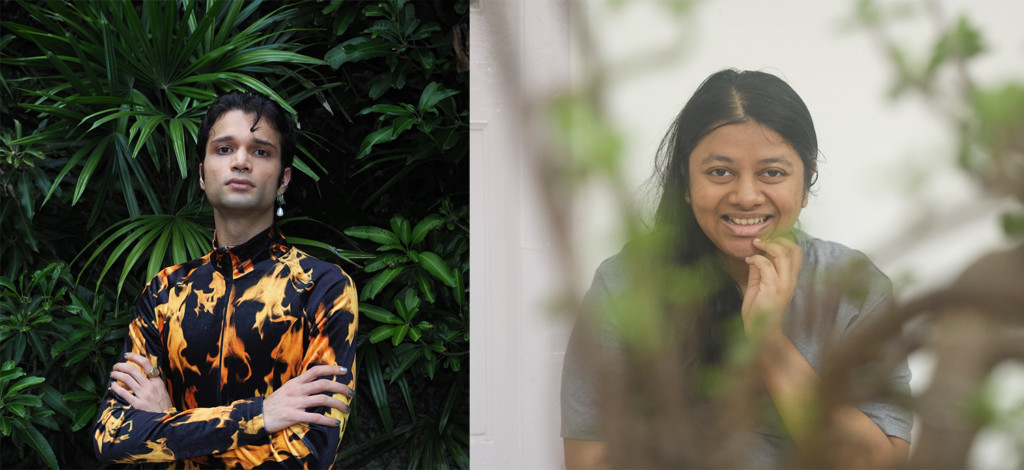December 13-16, 10 am -16 pm
Description
The Forest Curriculum (Bangkok/Yogyakarta/Manila/Seoul/Berlin/Santa Barbara) is an itinerant and nomadic platform for indisciplinary research and mutual co-learning, based in Southeast Asia, and operating internationally. Founded and co-directed by curators Abhijan Toto and Pujita Guha, and with Rosalia Namsai Engchuan, it works with artists, collectives, researchers, indigenous organizations and thinkers, musicians, and activists, to assemble a located critique of the Anthropocene via the naturecultures of Zomia, the forested belt that connects South and Southeast Asia. The Forest Curriculum organizes exhibitions, public programs, performances, video and multimedia projects, as well as an annual intensive in a different location around the region, which gathers practitioners from all over the world to engage in collective research and shared methodologies: The Forest And The School, Bangkok (2019); The Forest Is In The City Is In The Forest I, Manila (2020) and II, Online (2020-2021). The platform collaborates with institutions and organizations internationally, including Savvy Contemporary, Berlin; Ideas City, the New Museum, NTU CCA, Singapore, Nomina Nuda, Los Baños, and GAMeC, Bergamo among others. The collective has also exhibited in Nonhuman Assemblages, Busan Sea Art Festival, South Korea (2021), and Nation, Narration, Narcosis, Nationalgalerie – Hamburger Banhof, Germany (2021).
The weeklong student-led workshop series builds from our online engagements around nation building, decolonization and turn to local and indigenous thinking around collectivity. It is based on an understanding of the modes in which nation-states (as both conceptual configurations and empirical realities) reproduce and perpetuate colonial and pre-colonial violences, and on the role of non-human agencies through these historical and contemporary processes. The project grounds itself in the terrain of zomia, the upland swathe of forests that connect Eastern South Asia, Southern China and mainland and parts of archipelagic Southeast Asia, and that has been the territory of indigenous communities, fugitive and guerrilla groups, and spirits, and more recently violently pierced by transnational infrastructure projects.
Teaching form
The Forest Curriculum aims to develop the form and scenography of this presentation with the participants of the workshop. It will bring into focus questions of authority and the body in the dissemination of knowledge, and create a polyphonic experience of research presentation. The week-long workshop will continue to feature student presentations, annotations, and methods to synthesize them into a dialogue. This along with repeated conversations on the nation-building (and its problematics) thematics.
Learning outcome
The Forest Curriculum aims to develop the form and scenography of this presentation with the participants of the workshop. It will bring into focus questions of authority and the body in the dissemination of knowledge, and create a polyphonic experience of research presentation. The week-long workshop will continue to feature student presentations, annotations, and methods to synthesize them into a dialogue. This along with repeated conversations on the nation-building (and its problematics) thematics.
